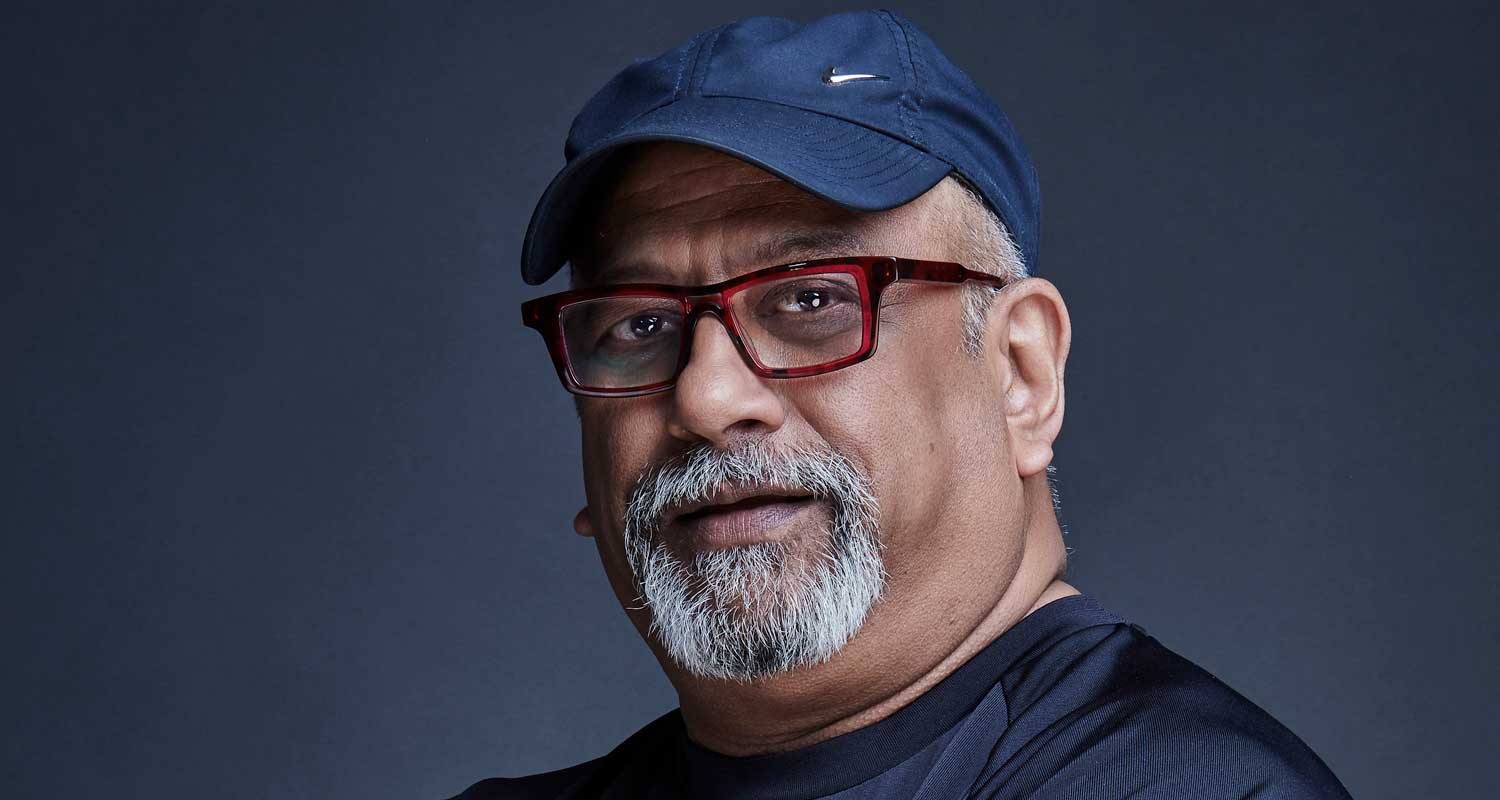
The media and digital platforms market inquiry into the distribution of media content on digital platforms, instituted by South Africa’s Competition Commission, heard comment from a wide variety of South African and global media organisations during marathon hearings from 4-27 March 2024.
Google was in the firing line of many local outlets over the money it makes from news supplied by third parties. Naspers-owned media group Media24 – the parent of the country’s largest publication, News24 – told the commission that Google was abusing its “dominance” and threatening the viability of the Fourth Estate in South Africa.
Media24 CEO Ishmet Davidson claimed Google was sucking advertising revenue out of South Africa, making it increasingly difficult for local publications to survive, and said even News24, despite its size, was loss-making as a result. He blamed Google and rival Meta Platforms, the owner of Facebook, for the dire situation facing local publishers.
Khalik Sherrif, group CEO of eMedia Holdings, was similarly accusatory. “The impact of global players in a country like ours is immense. The advertising pie in South Africa has not been increasing, and these big companies are taking money away from us. We have huge threats hanging over us – we can only advertise for 10 minutes in an hour and we can have our licence taken away from us if we transgress – but there are no such regulations for social media. The playing fields are not level and it’s not fair, we have no chance.”
Sherrif said local media contributes to the South African fiscus but social media outlets have no such responsibility.
Highly regulated
Group legal executive at eMedia Philippa Rafferty expanded on the specific regulatory obligations to which local news publishers have to conform. “South African platforms have to provide for sign language and vernacular requirements … as well as [there being] a highly regulated subscription code and advertising regulations in place, but no such conditions apply to social media platforms.”
But Google executives said there were no advertisements on news searches, which were a small part of overall searches anyway.
Read: CompCom urged to probe Meta over news content
Erin Simon, senior counsel for knowledge and information at Google, told the commission inquiry: “We just fundamentally don’t think that the best approach to this is to try to arrive at the specific monetary value that news provides to the search engine.” She said Google Search, while it included news, went far beyond news content. “It is not a news aggregator; it is a general-purpose service.”
The commission argued that Google Search is sold as a package and that news is part of what makes it valuable. Chief economist and chairman of the inquiry James Hodge asked how much revenue Google made in South Africa, although he said he knew no answer would be forthcoming. “But we need convincing that you’re not selling a package,” he said.
 The commission said it believes Google makes money from data or advertising while preventing publishers from making money, as Google made it easy for consumers to switch from simply browsing to actively looking for news.
The commission said it believes Google makes money from data or advertising while preventing publishers from making money, as Google made it easy for consumers to switch from simply browsing to actively looking for news.
But Dominique Costesec, senior competition counsel at Google, said that was not the case. “We see that news queries are a tiny part of our overall searches. And I think, unfortunately, the truth is that a lot of people don’t search for election news. A lot of people don’t read news, to be honest. Unfortunately, news doesn’t seem to be a major part of what people are searching for…”
Video-sharing platform YouTube is also a way for organisations to publish content destined for large audiences in return for advertising revenue. News media publish content on YouTube, providing an additional revenue stream away from their websites, TV channels or radio stations to attract new audiences.
Read: Caxton says Google has morphed into a rival
YouTube director of news Brandon Feldman told the Competition Commission that the video platform has various monetisation avenues, but watch-page advertising – generated from “skippable ads that appear on YouTube videos” – is the most significant revenue stream for content creators. Feldman said only 4% of the total watch time on YouTube in South Africa was spent on news channels and “represented limited commercial value” for the platform.
Read: Media24 blasts Google – the Fourth Estate is ‘on its knees’
In his view, YouTube was actually “over-indexing” news content, giving it a more favourable ranking on the site than is justified commercially. “We think that the value exchange is there, based on the value the partners are bringing and the value YouTube is bringing,” he said. – © 2024 NewsCentral Media



